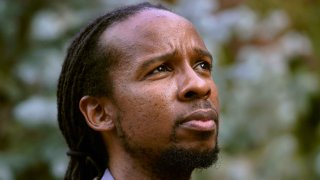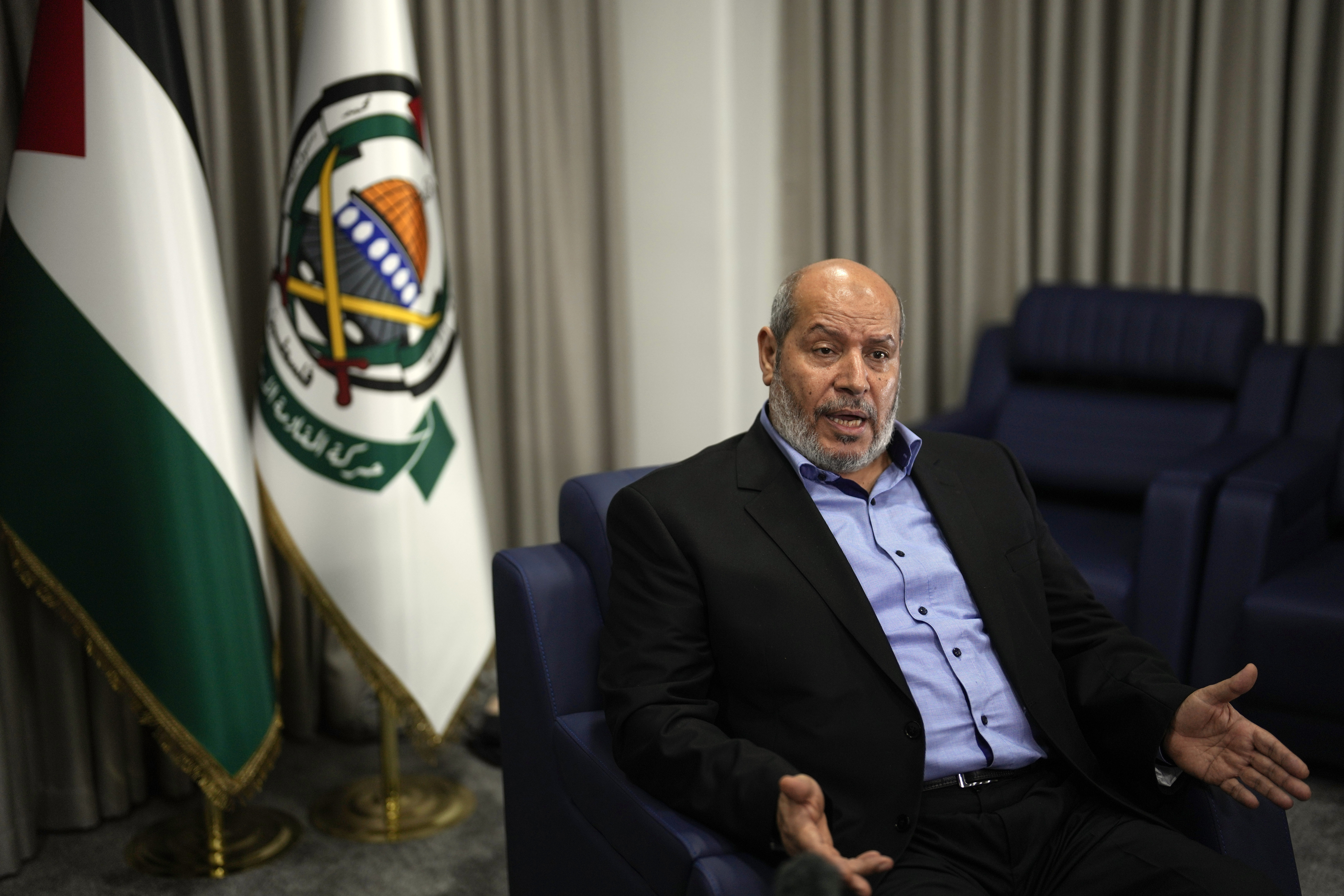
Boston University said Tuesday that its initial inquiry into the antiracist research center run by best-selling author and academic Ibram X. Kendi found no issues with how it managed its finances. After the announcement, Kendi said he was eager to get back to work.
The university launched the inquiry into the financials of the BU Center for Antiracist Research, or CAR, in September, after acknowledging the organization was laying off about half of its staff and changing its operating model.
“Our auditors concluded that CAR’s financial management of its grants and gifts was appropriate," Gary Nicksa, BU’s chief financial officer and treasurer, said in a statement Tuesday.
The university hired Kendi in 2020 to found the center and join the faculty as a history professor after his 2019 memoir, “How to Be an Antiracist,” catapulted him to national prominence, which was only heightened after the murder of George Floyd by then-police officers in Minneapolis.
Feeling out of the loop? We'll catch you up on the Chicago news you need to know. Sign up for the weekly Chicago Catch-Up newsletter here.
“Unfortunately, one of the most widely held racist ideas is the idea that Black people can’t manage money or Black people take money,” Kendi told The Associated Press in an interview Tuesday. “It was those two allegations that were expressed and connected to me that, of course, people didn’t necessarily need evidence to substantiate their belief that that happened because apparently my skin color was enough evidence.”
BU said Tuesday the center had laid off 19 staffers and reiterated that it will restructure its work to host scholars for nine-month fellowships, instead of conducting research through its own employees, and will also host public events.
The center has raised more than $50 million, with $30 million of that put into an endowment, the university said. It promised to create a number of projects and research initiatives, some of which it has, like the publication, “ The Emancipator,” which will continue, as well as a database tracking information related to COVID-19 and race, though that stopped being updated in March 2021.
U.S. & World
Other initiatives, like creating a graduate program and undergraduate minor in antiracist studies and compiling a database of ongoing antiracist campaigns, have not been completed and won't be, Kendi said. He and his staff have been in touch with their funders, he said, who were concerned but ultimately supportive as they know new organizations face growing pains.
“What they saw us experiencing was quite normal, even if the coverage around it was was abnormal,” Kendi said of the center's donors. In a similar vein, he reposted a comment on the social media platform X on Tuesday that predicted the news of BU's audit would not get as widely covered as the announcement of the layoffs had been.
The university's inquiry will continue, now focusing on the center's management of grants from outside funders, including the extent to which it complied with required reporting. The university has also hired the consulting firm Korn Ferry to review the center's culture and management, which is ongoing.
When the university acknowledged the layoffs in September, current and former staffers spoke publicly in news reports and op-eds about their frustrations with Kendi's management, saying too much power was concentrated in his hands. Some questioned what had been accomplished with the tens of millions given to the center.
The university's inquiry and finding announced Tuesday aimed to address those questions, though the university declined a request to share the audit.
When asked about the criticisms of his former colleagues, Kendi said if he could do it over again, he would have started with a fellowship model and the new structure. He added that many people have advised and supported him over the past three years, “as we were trying to build a new organization from scratch during a pandemic era while responding to the urgency of the moment.”
“I’ve also learned how steep the learning curve is when you have a startup and you’re in the public life," he added.
Earl Lewis, a historian, former provost and former president of The Andrew W. Mellon Foundation, has advised research centers and now runs the University of Michigan Center for Social Solutions, which he founded. He said it was not at all unusual for new research institutes at universities to restructure, especially in the first years of operating.
If he had been advising Kendi back in 2020 when the center opened, Lewis said, he would have told him, “Be strategic about the first three hires that you make. Make sure that you have somebody who is really steeped in that university’s administrative and financial culture," and to layout very specifically what projects the center would tackle in its first three years.
“The former provost in me would have actually asked for a document asking, ‘Okay, tell me where you want to be in five years. Tell me what you want to try to achieve by ten years,’” Lewis said.
Kendi said the center did engage in an internal planning process in its first two years and intends to hire a consulting firm to help them create short- and long-term plans after the restructuring.
___
Associated Press coverage of philanthropy and nonprofits receives support through the AP’s collaboration with The Conversation US, with funding from Lilly Endowment Inc. The AP is solely responsible for this content. For all of AP’s philanthropy coverage, visit https://apnews.com/hub/philanthropy.



